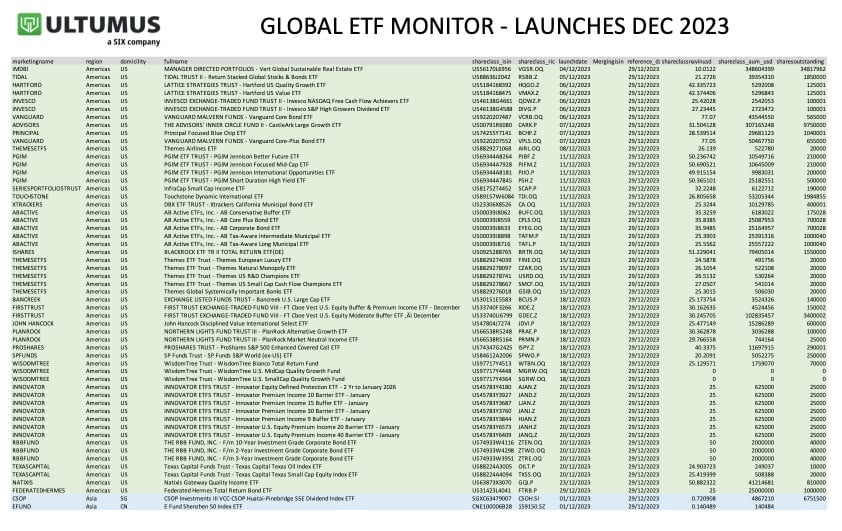China bonds in USD hedge
Independent Hong Kong ETF provider Premia Partners has launched a US dollar-hedged version of its long duration Chinese government bond ETF.
The Premia China Treasury & Policy Bank Bond Long Duration ETF (9117) tracks the ICE 10+ Year China Government & Policy Bank Index. It currently houses $150 million under management.
The index is made of renminbi-denominated onshore bonds issued by the Chinese government and its Policy Banks. China has three policy banks – the China Development Bank, the Export-Import Bank of China and Agricultural Development Bank of China. The banks make loans in strategically important economic areas. Each of these policy banks issues bonds.
All bonds in the index have an A1 credit rating, the highest in China. Two third of the fund’s portfolio is made up with bonds over 25Y+ maturity. The average yield-to-maturity is 3.5%.
The fund charges 0.28%.
Bernie’s commentary – I like this
Bonds have disappointed this year. Investors often hold bonds in their portfolio hoping they hedge against corrections in stock markets. Yet this year government bonds have fallen almost as much as shares. Meaning they have provided little of their promised diversification.
Chinese bonds, however, have been a curious exception. Renminbi-denominated Chinese government bonds are up year-to-date. Contrasting with US, UK, Switzerland, Australia, Japan, etc. government bonds—which are very much down.
Renminbi bonds have also been less volatile—so less risky and better performing.
China’s lower inflation prints are the primary reason for this. Chinese CPI has been 2.9% so far this year, quite different to the near-10% we’re experiencing in the UK. China’s willingness to continue trading with Russia, keeping its commodity prices like oil and gas low, has likely helped. This all makes Chinese government bonds sound compelling.
The Achilles heel though has been the value of the renminbi, which has fallen against the US dollar. (It’s up against other currencies, including the pound). Meaning that from a US dollar investor’s perspective, Chinese bonds are down YTD. As such, launching a currency hedged version of this ETF makes sense.
Personally, I've always preferred currency hedging international bonds. Currency hedging protects income and capital stability -- the primary appeal of bonds. While some may be inclined to think this launch a bit simple -- it's just currency hedging an existing ETF -- sometimes it's the simple solutions that generate the best returns.



